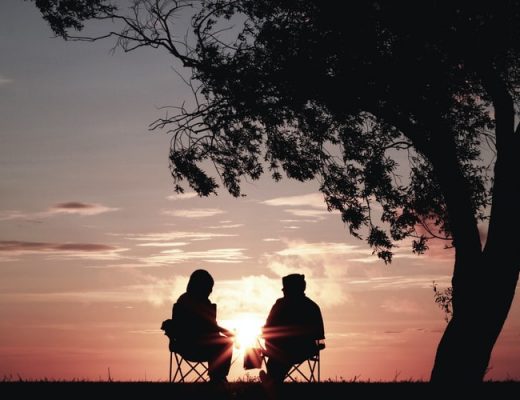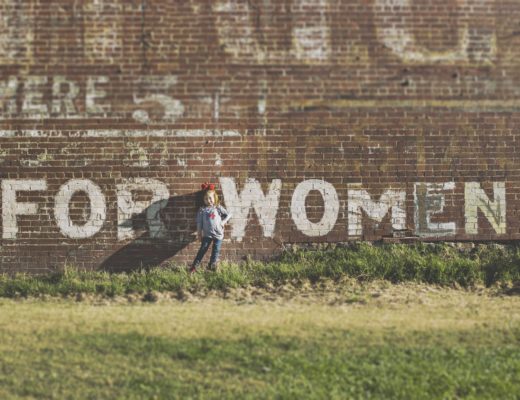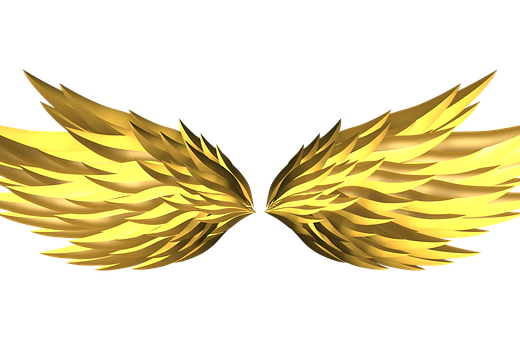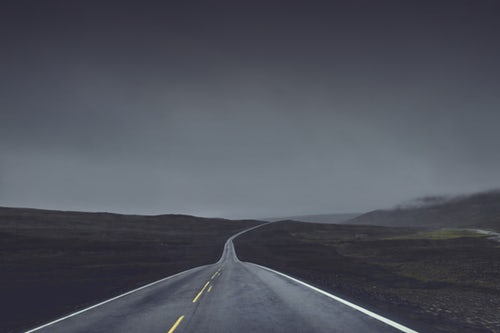The Indian education system forces its students to choose between science, art and humanities at a much younger age. Before children grow up to appreciate the finer aspects of various subjects they have to make a choice. As they choose different streams and study further, we reach a situation where a wide gap develops in the minds of students between different streams of knowledge. A situation where people practising different areas do not understand each other and at times it throws an impression that education is an enterprise which is in competition. A situation where people feel that nothing is connected to each other. Perhaps, there was a time specialisation was a keyword and educationists focussed only on that. The borders between subjects were well defined. Interdisciplinary studies were not the norm. However, now I have a feeling that this is bound to change and eventually it may force us to change the way we make our children choose and the way we design our curriculum. We are entering an age of convergence. Convergence amidst specialisation.
The divisions we created
As we have seen, our present system allows little interaction between different streams of knowledge. We have also developed certain hierarchical systems. Accordingly, for so many decades we had the phenomenon that the brightest students opted for sciences and the rest opted for humanities and arts. Of course, there were exceptions. My point is that there was no conscious effort to identify a child’s genuine interests and direct him towards that. Another major drawback was that our universities did not promote many interdisciplinary studies. A science student had no chance to do a course in economics or a history student to do a course in literature. People in various disciplines could graduate without knowing anything about other subjects.
We devised very strict norms for people to do research also. Unless one had a post-graduate degree in the particular subject, it remained impossible to attempt a doctoral programme even though we had candidates with adequate interest and aptitude. There was no opportunity for a student who developed an affinity towards a particular subject a little late. What ultimately mattered was not your aptitude or ability to do something but what you have done so far. We believed that the choices made by people at a much younger age were really sacrosanct.
The convergence is here
In the digital age, we are definitely entering an era of great convergence. We are already witnessing the blurring of borders among various disciplines. An unprecedented convergence of art, science and humanities is underway and everyone is required to be aware of the larger implication of this convergence. We are increasingly depending on knowledge from multiple sources to make sense of things. While science builds the technology, arts and humanities are being used by technology to understand human choices and behaviour. Algorithms used by internet giants follow the human emotions closely. The sweeping changes brought out by technological advances are changing the way we behave, interact with each other and make social life possible. The choices which man makes today is very much a product of the thousands of biochemical reactions happening in his body and the evolution of every human being over thousands of years. No single discipline alone can understand these developments.
As we know, man is not a completely rational animal always. There are numerous occasions when he sheds all rationality and behaves. The point is that all disciplines have to now work together to better the human life and to aid it in finding a purpose or meaning for existence. In that sense, art and science have become joint partners in the enterprise of understanding life. Look at this beautiful definition by famous American biologist and author, E.O. Wilson
The love of complexity without reductionism makes art; the love of complexity with reductionism makes science.
Leon Wieseltier the literary editor of The New Republic in an interesting essay on defending humanities give the example of a painting. According to him, even if science could give us a breakdown into the pigments that comprise or the chemical analysis of the mixtures, it takes a different skill to get us to the quality of beauty which is the reason for our contemplation. What Leon had in mind is that it’s not easy always to attempt a translation of nonscientific discourse into a scientific discourse. (Those interested may also read an interesting debate between humanities and sciences here. The debate was between Leon Wieseltier and eminent scientist -writer Steven Pinker. https://newrepublic.com/article/114548/leon-wieseltier-responds-steven-pinkers-scientism)
The way forward
It is very important that we should be aware of the consequences of each of our actions. The scientist has to assume responsibility for his actions. He has to consider how a human being is affected by his discoveries and there he will encounter things which cannot be explained by reason alone. Similarly, global warming is not only for the scientist to understand and be concerned about. To sum up, what we should be encouraging now is an openness towards all systems of knowledge. Our worldview should be constructed not only based on art or science or humanities alone but taking all together. Practitioners of every discipline should be able to appreciate each other. Look at what Leonardo Da Vinci, easily the most famous synthesiser of science, art and humanities in history had to say here.
Study the science of art. Study the art of science. Develop your senses — especially learn how to see. Realize that everything connects to everything else.
Our universities should cultivate individuals who can see the big picture freely move across disciplines. Doctors who can read poetry and mathematicians who can appreciate evolutionary biology. Perhaps the greatest doctor-writer lived in recent times was Oliver Sacks. I don’t know how many of our doctors are exposed to him while in college. I have not read a better farewell to life on earth as compared to his last book Gratitude. Let our engineers know the history of things too when they master their craft. An exposure to great fiction has the potential to make our managers and administrators more compassionate human beings. In a democratic country, none should shy away from understanding the way our politics work. As eminent historian Yuval Noah Harari comments in his latest book, when we fear a conflict between small superhuman elite empowered by the algorithm and a vast underclass of disempowered Homo Sapiens, Karl Marx may be a better guide to understand the future of Artifical Intelligence.
There is only one way forward. Abolish the walls. Open the windows. Let the social scientist, artist, philosopher, scientist and all other practitioners come together to help man to negotiate his life. The future belongs to the polymaths.







6 Comments
Sumana
December 9, 2018 at 5:23 pmThe absence of convergence has led to these mushrooming International schools in recent past. Definitely , affordability is a constraint in developing country like us but if we want the present gen to be well equipped in the global scenario… there is no way out but to follow this
path of convergence. Sooner the better.
Boby George
December 9, 2018 at 7:37 pmI feel even now, our universities offer few choices for interdisciplinary studies. I know many who regret their early choices but regret that they have no much options to switch over.
Shalini
December 9, 2018 at 9:28 pmThe reference to Vinci underlines the glory of a wholesome human being – a beautiful balance of left and right brains!
The modern world of entrepreneurs and innovators is waiting for this revolution in grooming of human mind!
Boby George
December 9, 2018 at 11:39 pmAbsolutely. And none is more qualified to say that. I long for more mutual admiration between art and science.
Shilpa
December 10, 2018 at 5:55 pmPersonally speaking..I long for mutual admiration and respect for all fields of study… myself having changed from Science to Humanities- eng hons. ….but isn’t it a fact that even today with all the emancipation, yet professional courses that is chiefly ‘Engineering and Medical’ is running the lead with students still being pushed to the realm of of these courses..
Boby George
December 10, 2018 at 10:28 pmYou are right. Even now a major chunk of the brightest opt for the Eng./med stream. It is also a fact that these professional courses give very little scope for students to expose themselves to arts or humanities.